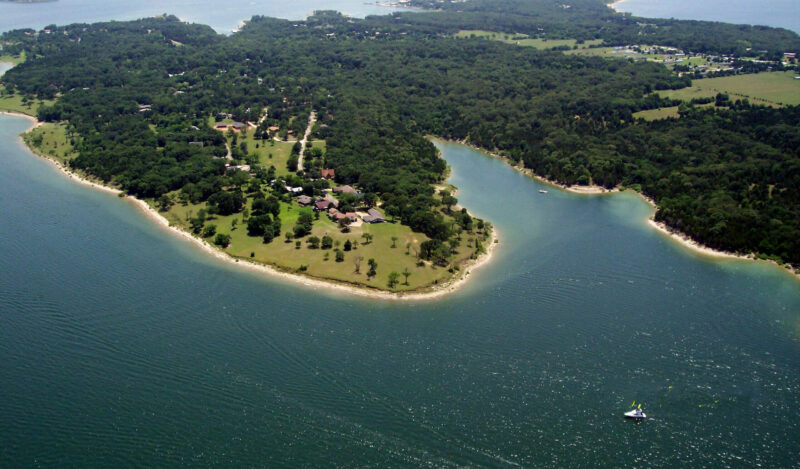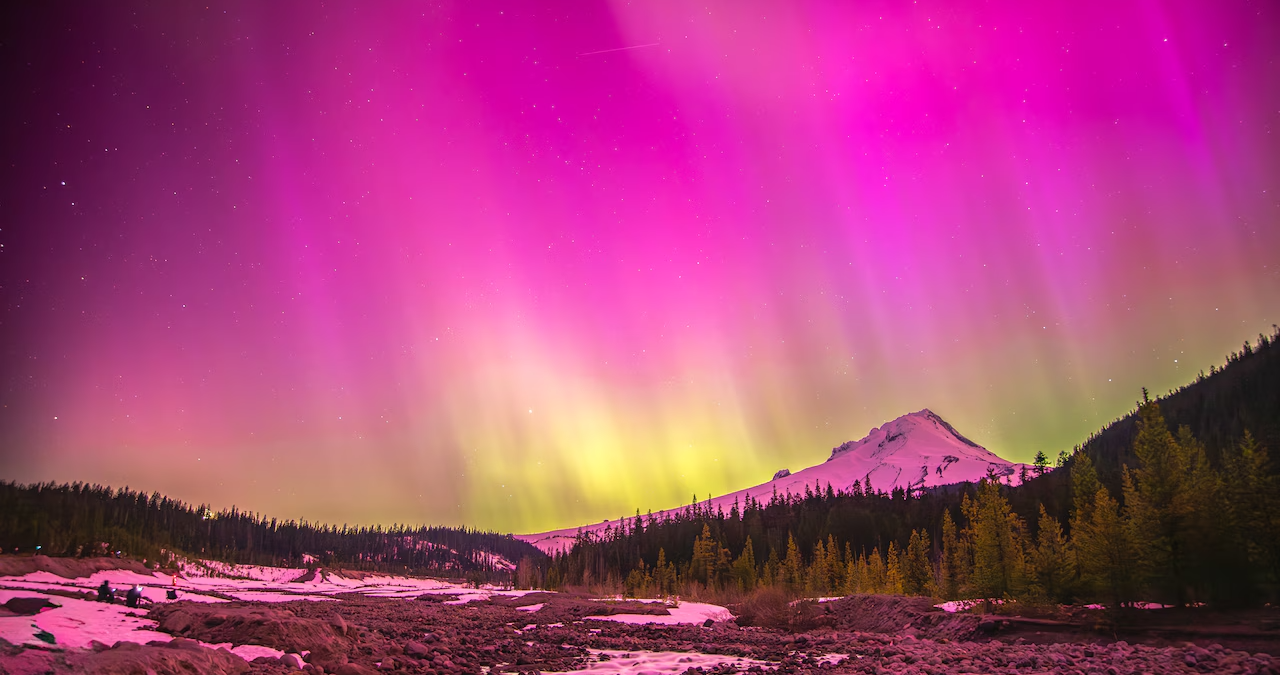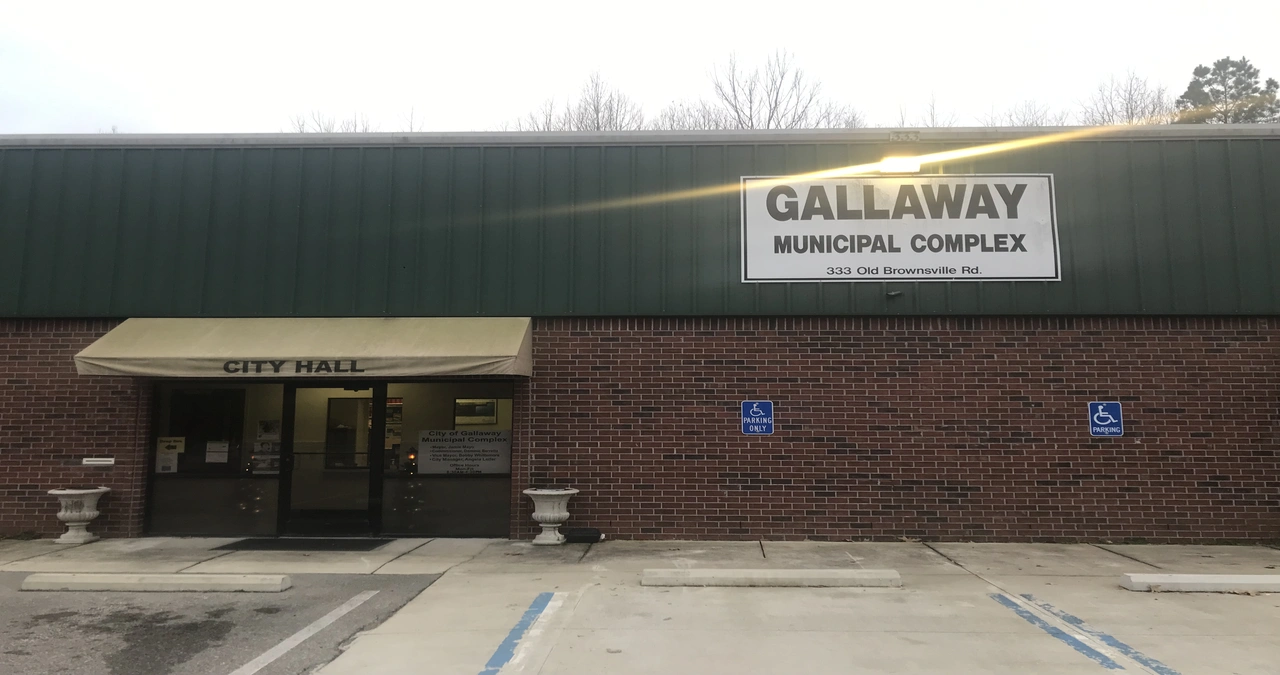Properly writing “Lake Texoma” is about more than grammar. Discover why “Lake Texoma should be capitalized,” its cultural value, SEO impact, and common writing mistakes to avoid.
Understanding Why “Lake Texoma Should Be Capitalized”
When it comes to proper writing and grammar, one small mistake can change the way your content is perceived. That’s why something as seemingly minor as whether “lake texoma should be capitalized” makes a big difference. In fact, it does more than just follow a grammatical rule—it reflects respect for geographical names, proper nouns, and the unique identity of a location.
Lake Texoma is one of the most popular and visited reservoirs in the southern United States. Situated on the border of Texas and Oklahoma, it’s a hub of activity, history, and natural beauty. So, when someone writes “lake texoma” in lowercase, it almost undermines the significance of the place.
Think about it this way: you wouldn’t write “new york city” or “grand canyon” without capitalizing them. So why should Lake Texoma be any different? In this article, we’re going to dive deep into why the phrase “Lake Texoma should be capitalized,” the grammar behind it, and the deeper implications of correctly naming geographic locations.
The Grammar Behind Capitalization
Let’s start with the basics. In English grammar, proper nouns are always capitalized. A proper noun refers to a specific name of a person, place, or thing. Since “Lake Texoma” is the specific name of a particular lake, it falls squarely into the proper noun category. So grammatically, Lake Texoma should always be capitalized.
Compare this with a common noun like “lake.” If you’re talking about lakes in general, you don’t capitalize the word. But if you’re talking about a particular lake—in this case, Lake Texoma—you absolutely capitalize it. This rule helps readers distinguish between general terms and specific entities.
Another point to consider is the two-part name. “Lake Texoma” is a compound proper noun. Both parts of the name should be capitalized, not just “Texoma.” Writing it as “lake Texoma” or “Lake texoma” doesn’t just look sloppy—it’s wrong. Whether you’re publishing a travel blog, writing an academic article, or even composing a social media post, using correct capitalization conveys professionalism and credibility.
Why Capitalization Shows Respect and Legitimacy
Beyond grammar, capitalizing Lake Texoma is also about showing respect to the place and its significance. Imagine if someone wrote your name in lowercase. It would feel dismissive, right? The same applies to locations that hold cultural, historical, or recreational value.
Lake Texoma isn’t just a body of water. It’s a destination that attracts millions of visitors annually. It’s a site of economic impact, environmental importance, and historical relevance. Writing “Lake Texoma” in proper form honors that status. Lowercasing it minimizes its value.
Capitalization also plays a role in digital algorithms and search engines. When you search for “Lake Texoma,” you get more accurate results when the name is properly capitalized. That’s because search engines treat capitalized proper nouns differently from general words. So, from a digital marketing and SEO perspective, “Lake Texoma should be capitalized” isn’t just a rule—it’s a best practice.
The Historical and Cultural Importance of Lake Texoma

Lake Texoma is steeped in history. Constructed by the U.S. Army Corps of Engineers in the early 1940s, it was built on the Red River as a flood control reservoir. Since then, it has evolved into a beloved recreational area, known for its fishing, boating, and scenic beauty.
Its name, “Texoma,” is a blend of Texas and Oklahoma, symbolizing unity between the two states. This adds a cultural dimension to the name, making it even more deserving of proper capitalization. Writing it as “lake texoma” ignores this rich background and reduces the name to a mere descriptor.
By capitalizing Lake Texoma, you preserve its history and cultural relevance. You acknowledge its role in regional identity and community pride. It’s not just about correctness—it’s about recognizing what this place represents.
SEO Benefits: How Proper Capitalization Boosts Visibility
If you’re into blogging, digital content, or SEO, you already know how important keywords and phrasing can be. When you write “lake texoma should be capitalized” in lowercase, you’re missing out on an SEO opportunity. Search engines prefer standardized, correctly spelled and capitalized phrases.
Using “Lake Texoma” in its correct form helps align your content with what users are actually searching. People don’t typically type “lake texoma” in lowercase when they’re looking for vacation spots, fishing guides, or lake maps. They type “Lake Texoma.” That means your content is more likely to rank higher and get discovered when you use the correct capitalization.
Furthermore, properly capitalized titles look more professional. Whether you’re publishing on Google, Bing, or even social media platforms, having a well-formed headline that includes “Lake Texoma” in capitalized form boosts your content’s credibility and engagement rate.
Common Mistakes and Misconceptions
Many people assume that because “lake” is a common noun, it shouldn’t be capitalized unless it starts a sentence. But as we’ve discussed, when it forms part of a proper noun like “Lake Texoma,” it must be capitalized. The confusion often stems from casual writing or a lack of familiarity with grammar rules.
Another mistake is inconsistent capitalization. You might see someone write “Lake texoma” or “lake Texoma.” Both are incorrect. The rule is simple: when the word “lake” is directly followed by the specific name of the lake, both should be capitalized. So it’s “Lake Texoma,” not anything else.
Misconceptions like these can be harmful, especially in professional writing or academic work. If you’re an editor, teacher, or content creator, making sure Lake Texoma is capitalized correctly can make your work look more polished and authoritative.
Digital Writing: The Importance of Capitalization in Online Spaces

In today’s digital world, the way we write matters more than ever. Content is being consumed at lightning speed, and first impressions are often formed within seconds. That means small details, like capitalization, can make or break how your content is received.
When readers come across “lake texoma” in lowercase, it sends a subtle message: that the writer didn’t take the time to proofread or doesn’t fully understand grammar rules. On the flip side, seeing “Lake Texoma” written correctly signals attention to detail, education, and credibility.
From blog posts to news articles, travel guides to YouTube video titles, proper capitalization is a mark of quality. And in a competitive content space, every little edge counts. So if you’re writing about Lake Texoma, make sure you’re doing it right.
Table: Correct vs Incorrect Usage
| Usage | Correct? | Reason |
|---|---|---|
| Lake Texoma | Yes | Proper noun, both words capitalized |
| lake Texoma | No | “Lake” should be capitalized |
| Lake texoma | No | “Texoma” should be capitalized |
| lake texoma | No | Both words should be capitalized |
Quote to Remember
“Correct grammar is more than a rule—it’s a reflection of respect.”
This quote applies perfectly to the discussion on why “Lake Texoma should be capitalized.” It’s not just about grammar; it’s about how we choose to represent important places.
Frequently Asked Questions
Why should Lake Texoma be capitalized?
Lake Texoma is a proper noun, referring to a specific geographical location. Proper nouns must be capitalized in English, making “Lake Texoma” the correct form.
What happens if I write lake texoma in lowercase?
Writing “lake texoma” in lowercase can appear unprofessional, confuse readers, and negatively impact SEO rankings. It’s always better to use the correct capitalization.
Is “Lake Texoma” considered a compound noun?
Yes, “Lake Texoma” is a compound proper noun. Both “Lake” and “Texoma” should be capitalized to reflect the full name of the location.
Can capitalization affect SEO?
Absolutely. Proper capitalization ensures that your content aligns with how users search for information, increasing your visibility and click-through rates.
Do other lakes follow this same capitalization rule?
Yes. All named lakes, like Lake Michigan, Lake Tahoe, and Lake Texoma, should be capitalized because they are proper nouns.
Conclusion: Respect the Name, Capitalize It
At the end of the day, capitalizing “Lake Texoma” isn’t just a grammar issue—it’s about accuracy, respect, and clear communication. Whether you’re a writer, student, business owner, or casual blogger, getting the name right shows that you care about the details. And in a world where details matter, that’s a powerful statement. So remember: Lake Texoma should always be capitalized.




